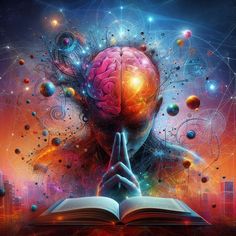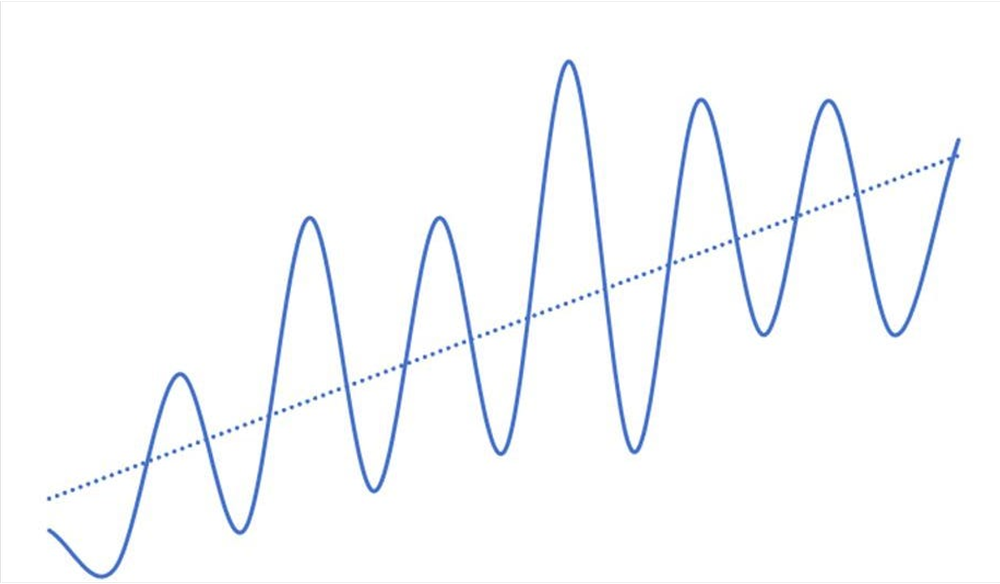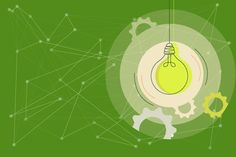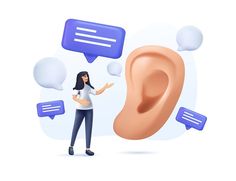Education
What is Logical/Mathematical Intelligence?
Logical/Mathematical Intelligence is one of the multiple intelligences proposed by psychologist Howard Gardner in his theory of Multiple Intelligences. This type of intelligence involves the capacity to understand and work with numbers, logical reasoning, and abstract thinking. It is characterized by the ability to recognize patterns, analyze problems, and perform mathematical operations. Key components of […]
Education
What is Regression Toward the Mean?
Regression toward the mean is a statistical phenomenon where extreme measurements tend to be followed by more moderate ones. This concept, first observed by Sir Francis Galton in the 19th century, has significant implications in various fields, including psychology, sports, and economics. Key aspects of regression toward the mean include: Natural variation: Extreme scores often […]
Education
What is Logical Thought?
Logical thought, closely related to logical thinking, refers to the mental process of using reason, structure, and evidence-based analysis to form conclusions, make decisions, and solve problems. It is a systematic approach to processing information and understanding the world around us. Key aspects of logical thought: Principles of logical thought: Applications of logical thought: Barriers […]
Education
What is Registration?
Registration is a process of officially recording or enrolling in a system, organization, or event. It typically involves providing personal information and sometimes paying a fee. In educational contexts, registration refers to the act of signing up for courses or programs. In legal terms, it can mean recording information in official records, such as property […]
Education
What is Logical Thinking?
Logical thinking is a cognitive process that involves using reasoning and structured approaches to analyze information, solve problems, and make decisions. It is characterized by the ability to identify patterns, draw valid conclusions, and apply systematic methods to understand complex situations. Key elements of logical thinking: Characteristics of logical thinkers: Benefits of logical thinking: Developing […]
Education
What is Logic?
Logic is the systematic study of valid reasoning and argumentation. It is a fundamental branch of philosophy and mathematics that provides the foundation for critical thinking, scientific inquiry, and rational decision-making. Logic seeks to establish principles and methods for distinguishing correct from incorrect reasoning. Key components of logic: Types of logic: Applications of logic: Logical […]
Education
What is Rewritten Text?
Rewritten text refers to content that has been revised, rephrased, or reworded from its original form while maintaining the core meaning or information. This process can serve various purposes in education, writing, and communication. Key aspects of rewritten text: Preservation of original meaning Changes in vocabulary, sentence structure, or organization Potential improvements in clarity, conciseness, […]
Education
What is Literacy?
Literacy is the ability to read, write, and comprehend written language. It is a fundamental skill that empowers individuals to access information, communicate effectively, and participate fully in society. While traditionally associated with print materials, the concept of literacy has expanded in the digital age to encompass a broader range of competencies. Key aspects of […]
Education
What is Reversibility?
Reversibility is a cognitive concept introduced by Jean Piaget, a renowned developmental psychologist. It refers to the ability to understand that actions or operations can be done and undone or reversed. This concept is crucial in cognitive development and logical thinking. Key aspects of reversibility: Mental flexibility: The ability to mentally reverse actions or thoughts […]
Education
What is Listening?
Listening is a fundamental communication skill that involves receiving, interpreting, and responding to spoken messages and other auditory cues. It goes beyond simply hearing sounds; effective listening requires active engagement, concentration, and the ability to process and understand the information being conveyed. Key components of listening include: Types of listening: Effective listening skills are crucial […]














